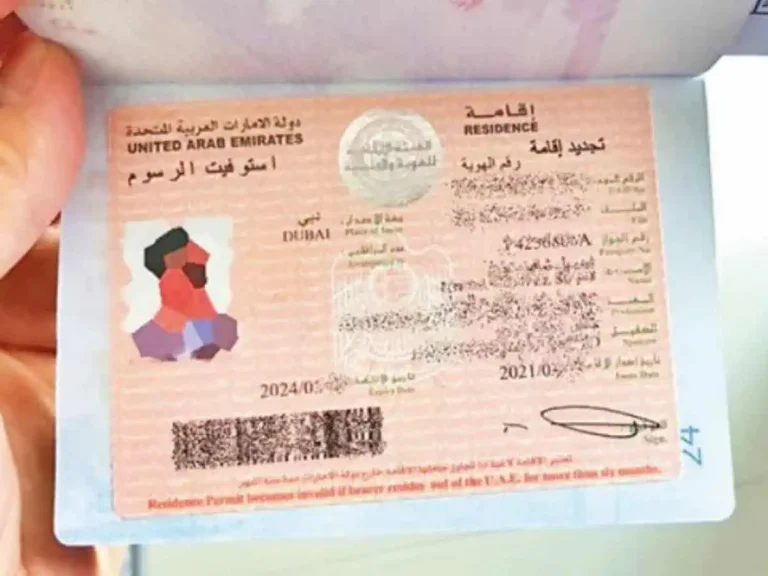Impact of the Income Tax Bill 2025 on Indians Employed Abroad
The proposed Income Tax Bill, 2025, has introduced a subtle but significant change in the residential status clause under Indian tax laws. Previously, Indian citizens who moved abroad “for the purpose of employment” were granted relaxed tax residency provisions, requiring them to stay in India for less than 182 days in a financial year to be considered non-residents. However, the proposed Bill changes this wording to “for employment outside India,” which could impact various categories of Indian professionals working abroad.
Key Changes in the Proposed Income Tax Bill, 2025
- Revised Definition of Residency:
- Under the existing Income Tax Act, 1961, an individual is considered a resident if they:
- Stay in India for 182 days or more in a financial year, or
- Stay for 365 days or more in the last four years and at least 60 days in the current financial year.
- A special exemption applied to Indians leaving the country “for the purpose of employment,” allowing them to be considered non-residents if they stayed in India for less than 182 days in a financial year.
- The new Bill replaces this phrase with “for employment outside India,” narrowing the scope of individuals who qualify for the relaxed tax residency status.
- Under the existing Income Tax Act, 1961, an individual is considered a resident if they:
- Impact on Job-Seekers and Self-Employed Individuals:
- The previous phrase, “for the purpose of employment,” allowed broader interpretation, including job-seekers, professionals, and self-employed individuals.
- The new phrase, “for employment outside India,” may now necessitate an official job offer or employment contract before departure from India to qualify for non-resident status.
- This change could exclude those traveling abroad for business opportunities, consultancy, or other professional engagements from benefiting from relaxed tax residency rules.
- Litigation and Judicial Interpretations:
- Historically, courts have interpreted “for the purpose of employment” broadly, encompassing individuals engaging in self-employment or businesses abroad.
- The Income Tax Department, however, has often argued for a stricter employer-employee relationship interpretation.
- The new wording could lead to further litigation, as courts may need to clarify whether self-employment still qualifies under “for employment outside India.”
While the proposed change in the Income Tax Bill, 2025, appears minor, its impact on Indian citizens working abroad could be significant. The new language may restrict non-resident status to only those with confirmed employment offers, excluding job-seekers, self-employed professionals, and businesspersons. Experts recommend that individuals planning to move abroad maintain thorough documentation of their employment status to avoid potential tax complications. Further clarity from the tax department would help address concerns and reduce litigation related to this change.






